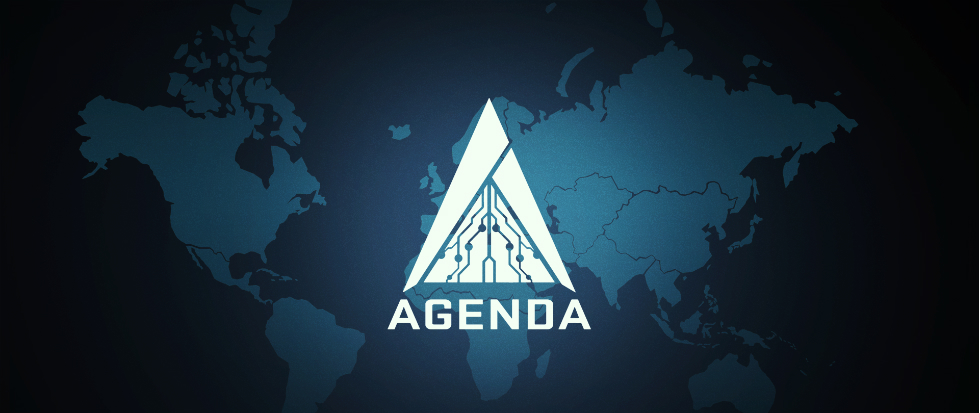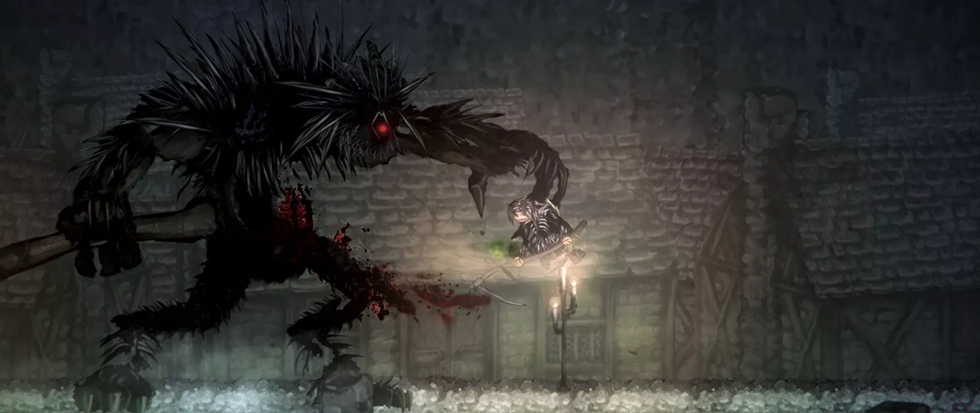
Agenda: Cloaks and Daggers and Bar Charts
World domination is boring. Contrary to my comprehensive research (the cartoons I watched growing up), taking over the world requires very little moustache twirling and mwah-ha-has, let alone any sharks with laser beams attached to their heads.
In fact, if Agenda’s portrayal is anything to go by, conquering the planet is a whole lot like accounting. Forget hired assassins and nuclear bombs; the megalomaniac’s best weapon is the bar chart.
Agenda’s setup is simple: you are an unnamed shadow organisation with designs on world domination. Starting from a single country, you spread your influence across the globe by undertaking operations like bribing a country’s military generals or investing in its scientific community.
Operations cost resources which are earned earn periodically based on how far your influence has spread. At the same time, the more territories you bring under your control, the greater your exposure, causing the countries not yet under your thrall to start resisting your expansion. Balancing influence with exposure is your primary challenge – your only challenge, really. And that’s where it all falls apart.
Playing Agenda boils down to a single monotonous routine repeated for every country. First establish a regional headquarters, then spam operations to raise power and influence to the thresholds each country demands before it will ally with you. Rinse, move onto the next country, and repeat.
To accomplish this, you follow the exact same sequence of operations for each country and watch idly while a bunch of bar charts fill up. You lack even the slightest degree of agency in what operations to undertake. Most of the time, you will only have two to choose from: one to increase power, the other to increase influence.
Operations are split across five ‘aspects’: politics, economy, military, science and media. Despite their different names, they are practically identical. Building up military presence or seeding social media with propaganda raises your numbers. That’s it.
The world itself never responds to your actions. I can’t help but feel there’s a sorely missed opportunity here for communicating influence more organically, whether through a faux social network of citizens extolling your virtues, or simple tabloid reports of your military successes. Anything less bland than bar charts, at least.
Monotony extends to every facet of Agenda. Occasionally a war, rebellion or governmental breakdown will pop off somewhere on the world map, but it never seems to matter. Maybe you’ll need to raise one bar a little higher, or maybe you’ll have a deadline to capture a country before it devolves into anarchy; either way, it all comes down to bigger numbers. Flavour text alone can’t hide the repetition at Agenda’s core.
It’s worth mentioning that, even though the core loop of capturing territory is quite simple once you get the hang of it, Agenda doesn’t exactly ease you into it. There is no tutorial, and the Help section is too vague for its own good, explaining the meanings of various concepts without explaining their purpose.
It’s also important to note the fact that saving wasn’t working for me during my play sessions. Try as I might, my progress refused to be recorded, forcing me to start fresh each time. Hopefully this will be fixed by its release on the 21st.
Still, for as bland as its parts are, there’s something about Agenda that got its hooks in me. Its bald-faced bar charts channel the same compulsion for seeing numbers go up that idle games like Cookie Clicker and AdVenture Capitalist hinge on.
Coupling this with your paint-by-numbers expansion across the world map, there’s a distinct primal pleasure to Agenda’s representation of global domination. It’s mindless and it’s mundane, but it’s also strangely satisfying. Agenda might not be as subtle about its psychological machinations as its political ones, but who said world domination had to be pretty?





